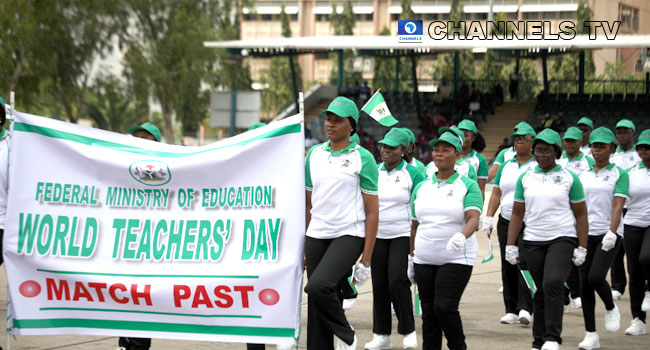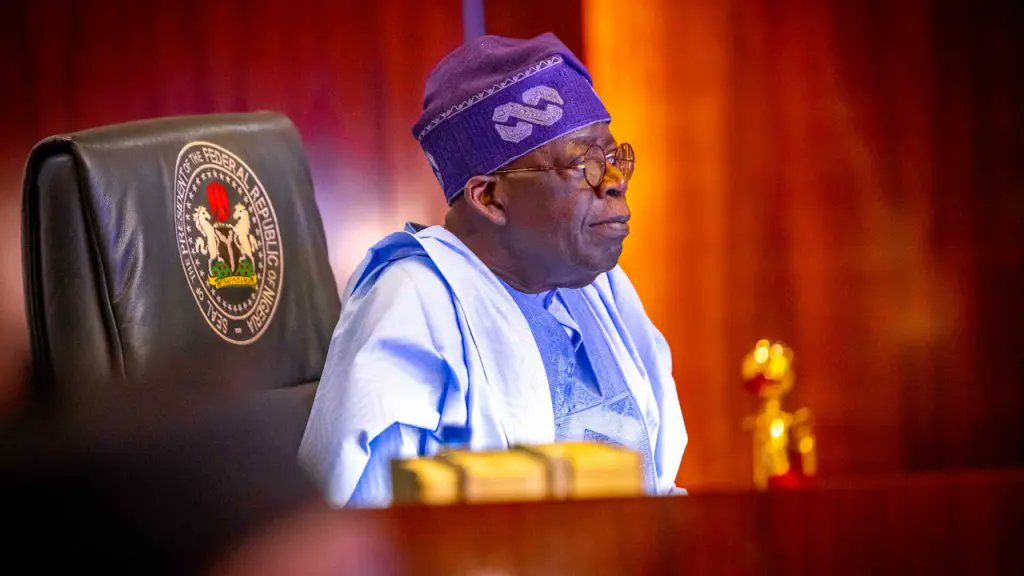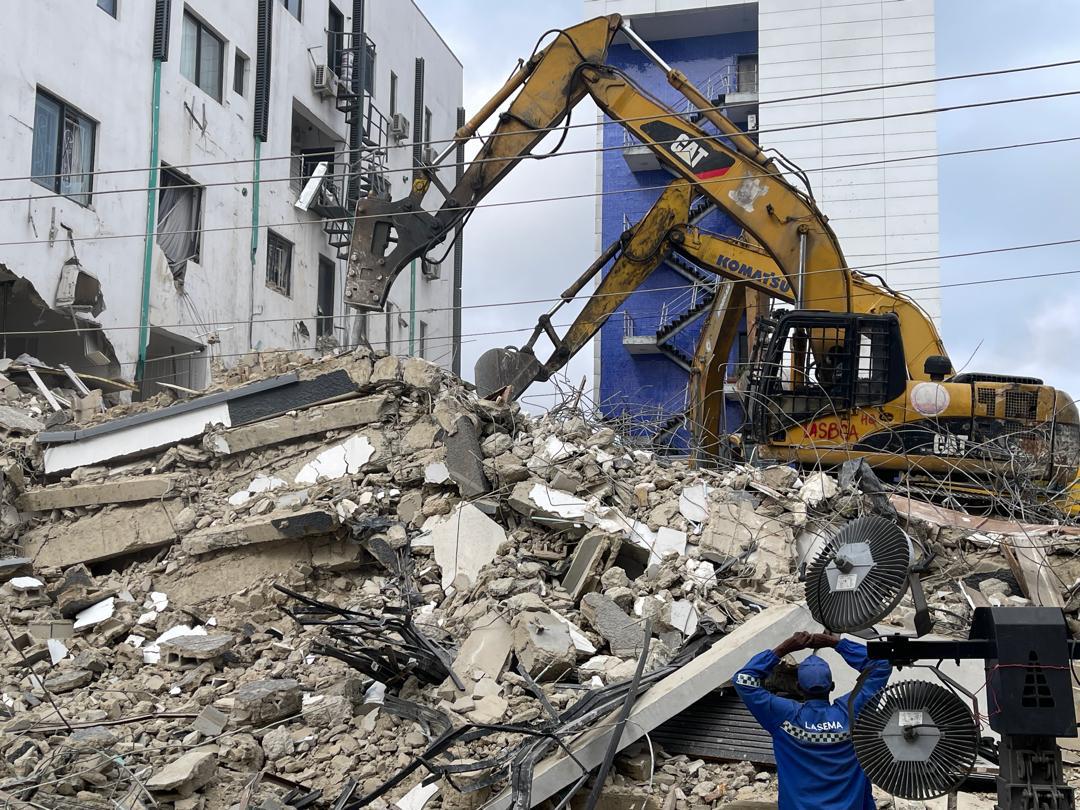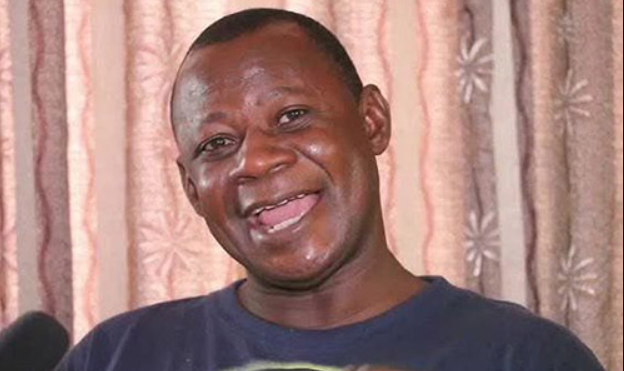Honoured in word and deed
“Nigeria’s teachers carry the future on their shoulders, but the nation is crushing their spirit. It is time to replace empty words with fair pay, and speeches with real investment.”
Every October 5, the world pauses to honour teachers—the unsung architects of our tomorrow. This day is deeply personal. I remember Mr Ezekiel Adesina, who taught me from Primary I through IV. Under flickering lights, he paced our classroom, insisting: “Make your handwriting legible—you write your future.” He did not just teach letters; he fostered discipline, persistence, and belief in possibilities.
On this World Teachers’ Day, I celebrate Adesina and thousands like him across Nigeria. Yet, celebration without action is hollow. Our teachers deserve more than flowers—they deserve justice, investment, and respect.
Nation betraying its teachers
Nigeria bears a tragic contradiction: We have the world’s highest number of out-of-school children—20 million, according to UNICEF—yet our teachers, the backbone of education, are consistently underfunded.
In Abuja alone, primary school teachers have been on strike for months, demanding the implementation of the N70,000 minimum wage and payment of outstanding salaries. Over 400 public schools remain closed, leaving children at home. Local governments have repeatedly failed to keep promises.
Meanwhile, across the country, teachers in rural areas still instruct under leaking roofs, without textbooks or stable pay. Lecturers wait years for back pay. Headteachers run classes under trees when buildings collapse. These are not abstract issues; they are the lived realities of those carrying Nigeria’s future.
Teachers as nation-builders
Neglecting teachers means betraying the future. Nobel laureate Ngũgĩ wa Thiong’o of Kenya said that “language is the carrier of culture.” So is education. Our nation’s intellectual and moral architecture depends on teachers.
Writers like Buchi Emecheta of Nigeria and scholars like Pius Adesanmi have long argued that education is not just a pathway—it is the foundation. Teachers are not cogs in the machine; they are the system itself. Yet, in Nigeria, they are treated as afterthoughts.
Retiring excuses, raising education
At 65, Nigeria cannot afford excuses. We should not invest billions in political travel, jetty inaugurations, and vanity projects while classrooms crumble and teachers go unpaid. We cannot demand high exam scores when we neglect those who teach.
Instead, we must demand:
Timely and full payment of salaries, including arrears and adjustments for inflation.
Significant budget allocation for infrastructure—safe classrooms, laboratories, textbooks, and power.
Professional development and protections for teachers—paid training, incentives, and safe working environments.
Legislative commitments that link political budgets directly to education funding transparently.
If we continue to starve classrooms, the nation continues to starve.
More than a day, a revolution
World Teachers’ Day should not be just a fleeting celebration—it should be a reset. A mirror held up to Nigeria: Will we keep honouring those shaping our destiny only with words, or will we support them with resources? Adesina taught me that handwriting matters. Today, I say: Let Nigeria make its priorities clear. Fund teachers. Honour their profession. Invest in classrooms where our future resides.
When teachers rise, nations rise. And if October 5, means anything, it means this: The country’s true wealth stands in front of a classroom now, waiting to be honoured—not just in speech, but in action.
Light among shadows
Yet even in that hardship, Nigeria’s teachers refuse to be invisible. In 2025, teacher Seyi Anifowose—through the Let There Be Teachers Conference and the nonprofit One Million Teachers—set a Guinness World Record for the largest gathering of teachers in the world. That feat is more than symbolic. It is a declaration: Teachers will be seen, they will gather, they will insist on dignity.
In that moment, a crowd of educators became a statement of strength, unity, and vision. And that record is not a distraction—it is a clarion call for Nigeria to match that audacity with substantive change.
October 2 – International Day of Non-Violence: Peace vs Mob Rule
The day after Nigeria’s national day, October 2, is observed globally as the International Day of Non-Violence, inspired by the civil disobedience activism of Mahatma Gandhi of India. For Nigerians, this year’s reflection could not be more urgent.
In May 2022, Deborah Samuel, 22, a student in Sokoto, was dragged out of class and lynched by her peers. Her crime? A WhatsApp voice note allegedly blasphemed Islam. Two years later, Ammaye, a food vendor in Niger State, met a similar fate—lynched by a mob after a heated exchange with a muslim youth. These killings are not isolated. They expose how fragile our commitment to life, justice, and non-violence has become.
If the International Day of Non-Violence calls the world to reflection, Nigeria must treat it as a national call to action. We are drowning in cycles of violence—lynchings, extrajudicial killings, bandit attacks, and state crackdowns—that weaken our democracy, fill our communities with fear, and make our future uncertain.
Like Nigeria, like Nepal
Nigeria is not alone in this tragic trajectory. Across the world, peaceful youth-led protests—from Lekki, Lagos, to Kathmandu, Nepal—have been met with swift state violence and suppression. In 2020, youths led the peaceful #EndSARS protests against police brutality, only for that peace to be mired in bloodshed at the Lekki Tollgate. Government forces opened fire on unarmed citizens.
Just weeks ago in Nepal, Gen Z-led demonstrations against corruption began as peaceful assemblies, only to spiral into violence following police crackdowns, infiltration, and hijacking by noxious and sinister groups.
The lesson is sobering: When governments suppress peaceful dissent, they foster the conditions for violence. And when mobs replace courts, the rule of law collapses.
Cost of silence
The police always vow to make arrests. The government always promises justice. Yet, prosecutions rarely follow. Deborah’s killers posed for selfies with her burning body, but they remain free. Eunice’s killers were never brought to justice. Will Ammaye’s case be any different?
To be continued tomorrow.
Ukoh is an alumnus of the American University of Nigeria, Yola, and PhD student at Columbia University. He wrote from New York.






